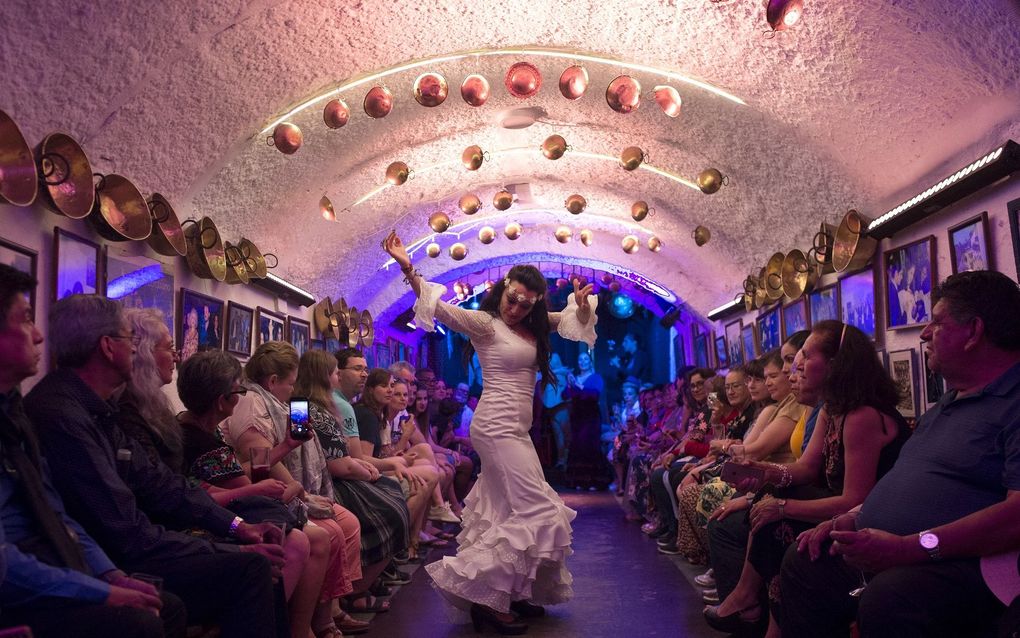Serbia sees child marriage as human trafficking – CNE.news

The Serbian authorities are working on an initiative that classifies child marriage as human trafficking.
The government wants to change the Family Law to prevent underage girls from getting married. According to Euractiv, between 22 and 50 per cent of Serbian girls marry before they turn 18.
Tomislav Žigmanov, the Minister of Human and Minority Rights and Social Dialogue, said to RTS that some question to what extent states are allowed to interfere in private matters such as marriage. However, he believes that “the harmful consequences of child marriages do indeed give the state to take every possible measure to stop those consequences.”
Criminal offence
Especially vulnerable are girls from low-income families or the Roma community. That was shown by a recent report from UNICEF. From the first group, 22 per cent gets married before their 18th birthday. Of the Roma girls, even up to 56 per cent enter marriage before 18.
The Serbian authorities have been busy combatting these underage marriages. According to figures from the Justice Ministry, 62 people were convicted for the criminal offence of having an extramarital union with a minor.
Justice Minister Maja Popović has warned that child marriage can cover many other criminal acts, such as mediation in prostitution, forced marriage, extramarital union with a minor, neglect and abuse of a minor or human trafficking.
Deputy Prime Minister Maja Gojković has pledged that the “common struggle and efforts are not over as long as we witness a single child forced marriage as a drastic threat to women's and children's rights, but also as a form of gender-based violence.”
Independence
Earlier this month, the International Day of Roma and Roma Women was also dedicated to the theme of child marriage. That was reported by RTV. According to data from the Republic Institute of Statistics, about 2,000 minor marriages are concluded every year. These unions are about marriages in which one of the partners is between 16 and 18 years old, concluded with the court's approval. The minimum age for getting married is 16 years in Serbia.
Anthropologist Ljiljana Gavrilović points out that some young Roma women voluntarily get married before they become 18. She explains that it is often a choice for more independence and separation from one's family. “In their own family, they do not have the right to make decisions; they usually take care of the younger children, are economically dependent on their parents and do not have adequate support for education. By getting married, they gain the status of adults and believe that they get the opportunity to make decisions about their lives.”
Ban
UNICEF's child protection expert Vesna Dejanović calls for more measures against child marriage. “At the legislative level, it is necessary to introduce a complete ban on child marriage – through amendments to the Family Law, as well as to ensure better protection of the victim and adequate sanctioning of the perpetrator – through amendments to the Criminal Code and the Law on Prevention of Domestic Violence.” In addition, she pleads for more measures to eliminate discrimination against the Roma and decrease poverty. “Child marriage is a stolen present and a stolen future. Every child must be guaranteed the right to education, health, protection from violence and the opportunity to prepare for a productive life in adulthood.”
This “Eyes on Trafficking” story is reprinted from its original online location.
Fair Use Notice: The PBJ Learning Knowledge Vault is dedicated to advancing understanding of various social justice issues, including human trafficking and related topics. Some of the material presented on this website may contain copyrighted material, the use of which has not always been specifically authorized by the copyright owner. We are making such material available in our efforts to promote education and awareness of these important issues. There is no other central database we are aware of, so we put this together for both historical and research purposes. Articles are categorized and tagged for ease of use. We believe that this constitutes a ‘fair use' of any such copyrighted material as provided for in section 107 of the US Copyright Law. In accordance with Title 17 U.S.C. Section 107, the material on this site is distributed without profit to those who have expressed a prior interest in receiving the included information for research and educational purposes. For more information on fair use, please visit: “17 U.S. Code § 107 – Limitations on exclusive rights” on Cornell Law School's Legal Information Institute.
 ABOUT PBJ LEARNING
ABOUT PBJ LEARNING
PBJ Learning is a leading provider of online human trafficking training, focusing on awareness and prevention education. Their interactive Human Trafficking Essentials online course is used worldwide to educate professionals and individuals how to recognize human trafficking and how to respond to potential victims. Learn on any web browser (even your mobile phone) at any time.
More stories like this can be found in your PBJ Learning Knowledge Vault.
EYES ON TRAFFICKING
This “Eyes on Trafficking” story is reprinted from its original online location.
ABOUT PBJ LEARNING
PBJ Learning is a leading provider of online human trafficking training, focusing on awareness and prevention education. Their interactive Human Trafficking Essentials online course is used worldwide to educate professionals and individuals how to recognize human trafficking and how to respond to potential victims. Learn on any web browser (even your mobile phone) at any time.
More stories like this can be found in your PBJ Learning Knowledge Vault.
